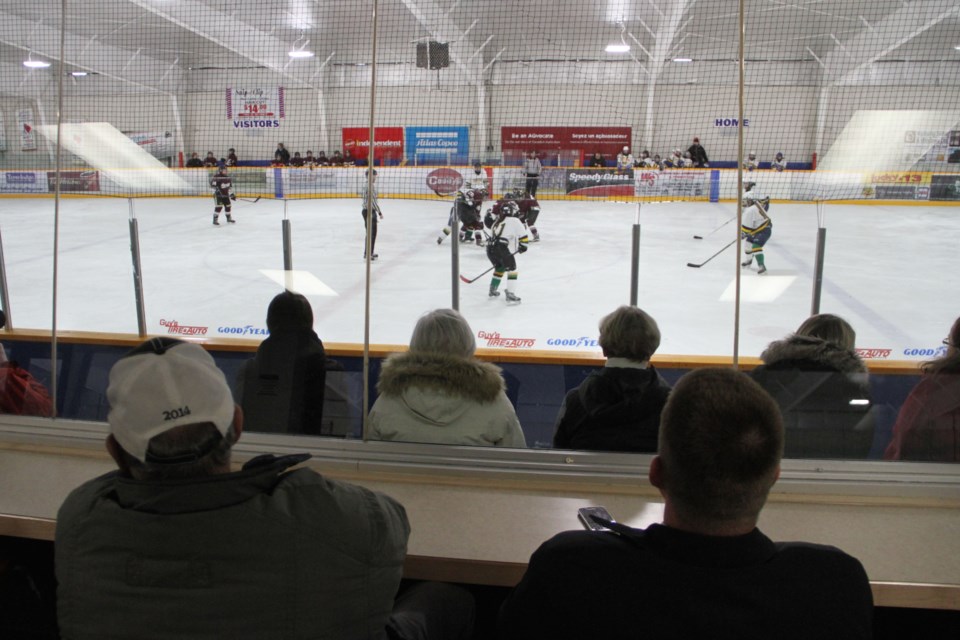It’s been almost a full season since northern Ontario hockey parents were required to take an online course before their son or daughter could hit the ice for the 2016-17 season.
Jason Marchand, the NOHA Executive Director, says about 10,000 families were required to have one parent or guardian take the online respect in sport course.
“This has been introduced in many branches across Canada, the OHF is actually one of the last to implement it,” said Jason Marchand, executive director, NOHA.
“In the end, it's about education, and it's not saying that hockey parents are bad, but it's about empowering parents who see negative behaviour to deal with it rather than just being bystanders.”
After a season of education, Marchand believes the program has helped.
“We typically only hear the negative, and to be honest there has been very little of that - maybe half a dozen emails referring to the program being a waste of time or a cash grab and things like that but that’s in the minority,” said Marchand.
“We’ve had roughly 10,000 participants take the course this year in order to become compliant, so having only half a dozen emails of concern is pretty good.
“From my opinion, we haven’t had any major issues even before the program and I”m not sure there hasn’t been a dramatic decrease in any concerns brought forward about parents - we still get them.”
Scott Huycke, who coached the North Bay major peewee ‘AAA’ Trappers this season says he has seen a difference.
“Respect in Sport has had an impact, will there be some for sure but you definitely see less of it and I can say for a fact my team in the stands the parents have been supportive of the team and not yelling at other teams and I didn’t hear much criticism of referees,” said Huycke.
“I’ve been lucky to have a lot of good parents groups over the years and of course the relationship you have with them - being up front with them is key as well as being transparent with them.”
Marchand hopes over time more and more parents will take the program and, as the message grows, he believes you will see fewer hockey parent incidents in our rinks.
“It’s not going to eliminate any potential problems involving parents but I think it will continue to shrink,” he said.
Marchand added that he has not heard many serious incidents relating to referees and linesmen, who often are the brunt of criticism coming from screaming parents in the stands.
“I know there are still issues where parents are asked to leave arenas but those are few and far between. In terms of general concerns nothing has been brought forward from officials.”
The online course takes a parent of guardian about one-hour to complete and is offered in both French and English.
Parents who have completed the course are able to go back online and access the program again at no additional cost.
“Maybe they’ve been in a situation that they want to re-educate themselves, on how to handle it, or they want to see new information that is available to them,” said Marchand.
“This year was the big year in terms of the numbers of families that have had to do the course but basically any new hockey player whose parent or guardian hasn’t done the course so it should be a little easier in terms of the transition for the upcoming season.”



